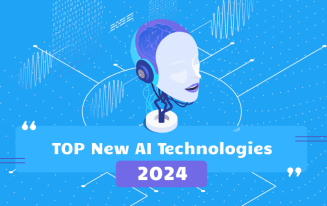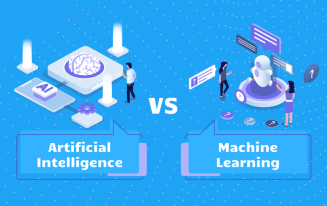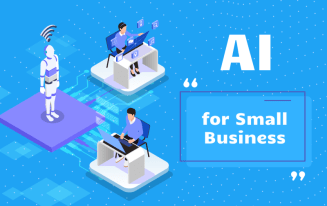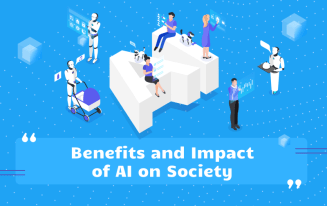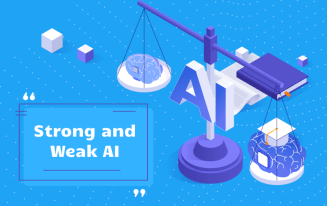What jobs will AI replace?
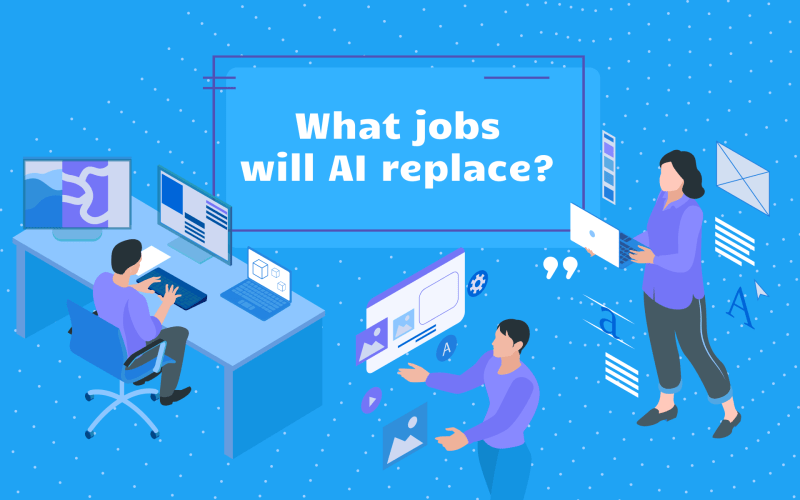
One of the biggest concerns regarding artificial intelligence is the possibility of the technology affecting the security of people’s jobs. This is a reaction that’s found with many new developments in tech throughout history, but AI is a different story. The rapid expansion of AI’s capabilities has people wondering what jobs will AI replace. However, in the same vein, it also has the potential to safeguard occupations and even create new ones. This article will explore the weight of AI on jobs and how the technology will shape the landscape of the workforce moving forward.

Employ the full range of AI advantages with AImReply and express your thoughts faultlessly in every email.
Table of Content
People across many different industries are scrambling to get ahead of developments in AI. Although the technology has the potential to replace various jobs, this isn't the case for every sector. While some see this as a cause for concern, others look at it as a step in the right direction toward opportunity.
How the capabilities of the technology develop will be a significant determining factor in what jobs will be replaced by AI. Nevertheless, with all of the noise surrounding the technology, a little clarity would help those who feel lost in the current state of where AI stands. Numerous industries will be inevitably affected by AI, but those listed below are a few primary examples.
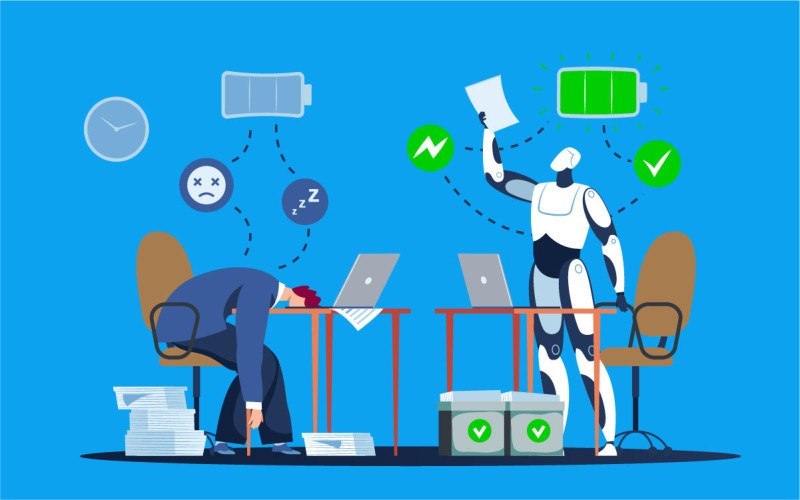
For years, the role of data analysts has consisted of manually working with data sets, mainly related to organizations and companies. The human touch in this role has proven to be exceedingly capable, but the tasks themselves aren’t safe from automation.
Due to the repetitive nature of the work, such as navigating spreadsheets, data selections, and filtering content, AI is more than capable of adapting. It should be noted that human analysis will still be required on a higher level, but more mundane tasks can be handed off to AI. As many other people have mentioned, AI may replace quite a few jobs, but it can also be implemented as a tool for humans to be more efficient at work.
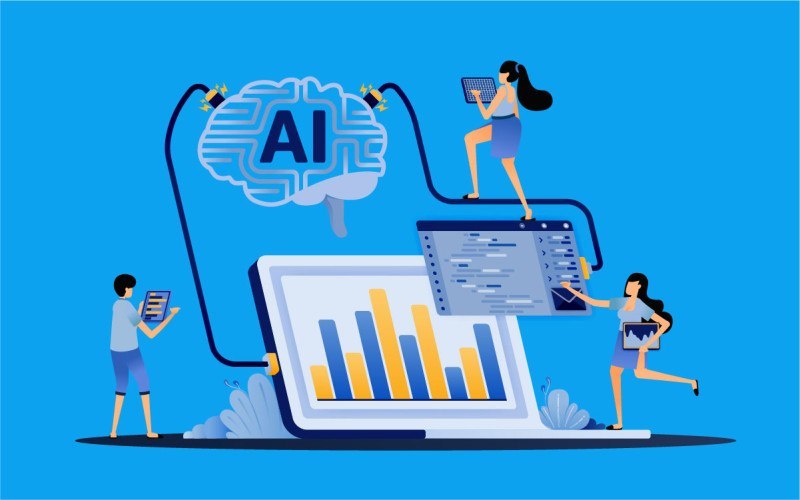
A go-to option for millions of people across the U.S., warehouse workers' jobs are on the line regarding artificial intelligence. This may not be the case 100% of the time, but many of the manual processes of warehouse work can easily go to automation.
Taking a look through history, automation has slowly crept its way into the warehousing industry with many different kinds of machines. To a degree, these machines needed quite a bit of human input and oversight.
By putting modern AI tech into the mix, a good portion of this human integration could be reduced. At the same time, some of the AI tools that are used in warehousing will still need human oversight and may simply change the landscape of warehouse jobs as a whole.
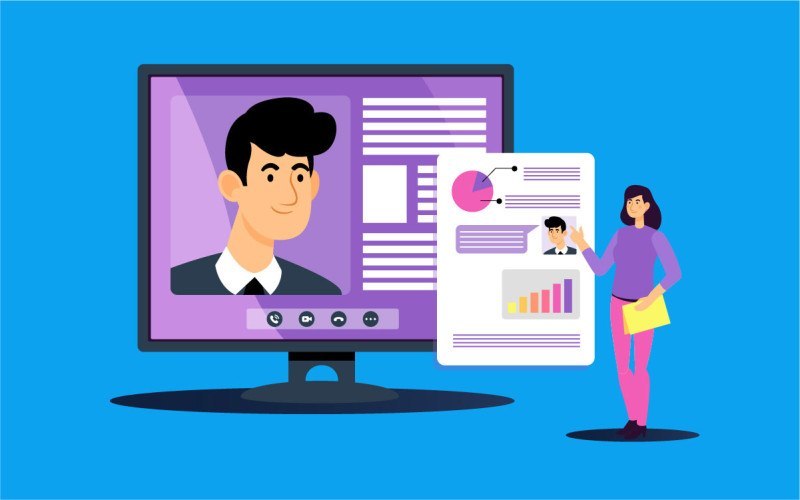
There’s a lot of discussion within the programming community about AI’s capabilities in coding. It has been proven on numerous occasions that AI’s potential in coding is vast, and this has left many programmers worried about the future of their careers. On top of that, many are left frustrated with the amount of time and money they spend on schooling, just for AI to sweep in and take over.
The relationship between coders and AI isn’t all negative, as many are adapting the technology to their workflow. Whereas many programmers would admit AI isn’t 100% perfect when it comes to coding, it can act as a helpful right-hand man on the job.
Nevertheless, AI's impact on jobs in this sector shouldn’t be ignored. As the technology improves, it may very well reach a point where it’s able to deliver error-free code. This is a concern for those within the industry, but many others believe it’s simply a tool they should adapt to moving forward.
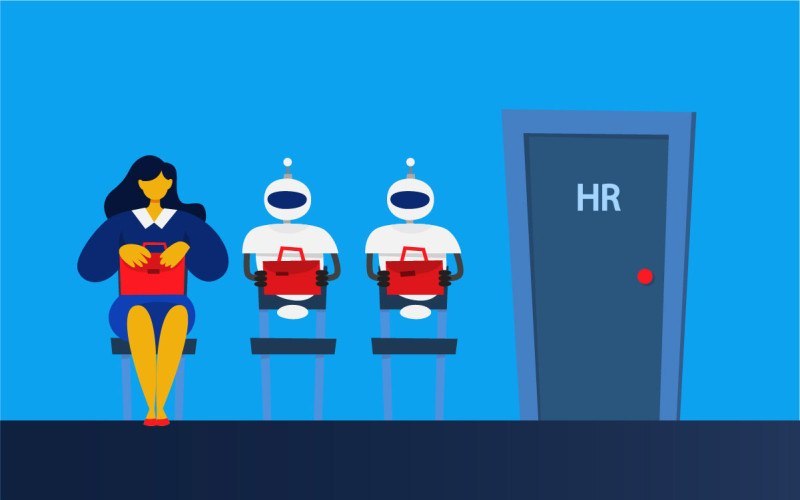
Another community that has already been affected by AI, the jobs of digital artists were seemingly challenged overnight. With generative AI catching the interest of thousands of people, the quality of hard-working artists is being overlooked in many places.
This has led to a lot of controversies about the use and capabilities of AI, yet hasn’t slowed down developments by any means. Although the generative art can be impressive with the right prompts, many people still argue there’s a visible gap between human and AI-created artworks.
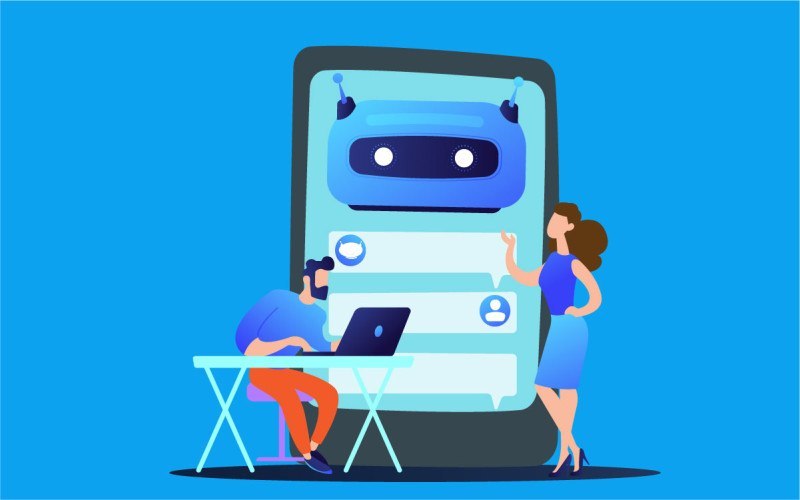
High-quality marketing campaigns don’t fall into this category as much as low-quality content does. Regardless, AI has already invaded this sector, with many AI tools having the ability to craft articles, emails, social media content, and even ad campaigns.
Some marketers are ecstatic, seeing the technology as a tool, while others feel it’s the beginning of the end. It’s crucial to highlight that well-crafted, unique, innovative content will still need human creativity, but AI could help with some of the more mundane aspects of marketing.
Keep in mind that these are just a few of the primary sectors that will be affected by artificial intelligence. The list goes far beyond these alone and doesn’t really show the reach of what jobs will AI take over. It isn’t all doom and gloom, as artificial intelligence also has the ability to improve job security and create new job opportunities.
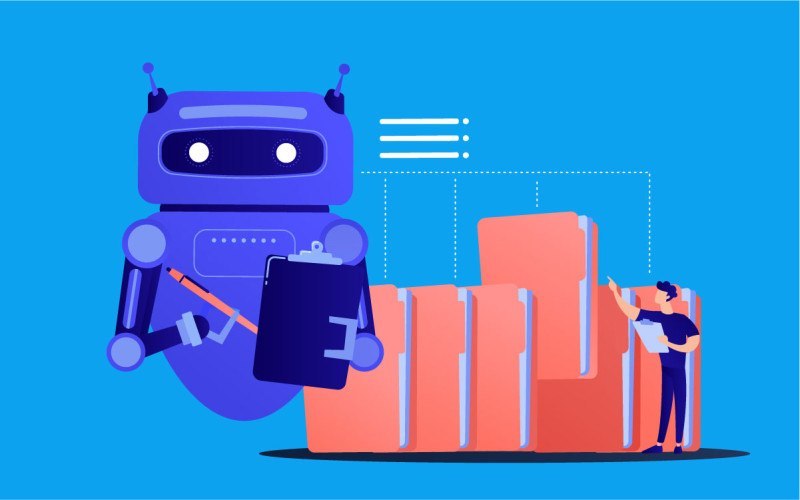
What jobs are safe from AI?
New technologies AI may bring many uncertainties, but there are always plenty of upsides to look forward to. The rise of artificial intelligence is also making way for a newfound level of job security for various industries.
Which sectors that are affected in this regard is an expanding list, and many of them stand at a 0% risk of any kind of automation. The list below displays a few jobs that AI can never replace, in addition to the sector’s projected growth by 2031.
- Nurse Practitioners = 45.70%
- Choreographers = 29.70%
- Physician Assistants = 27.60%
- Mental Health Counselors = 22.10%
- Athletic Trainers = 17.50%
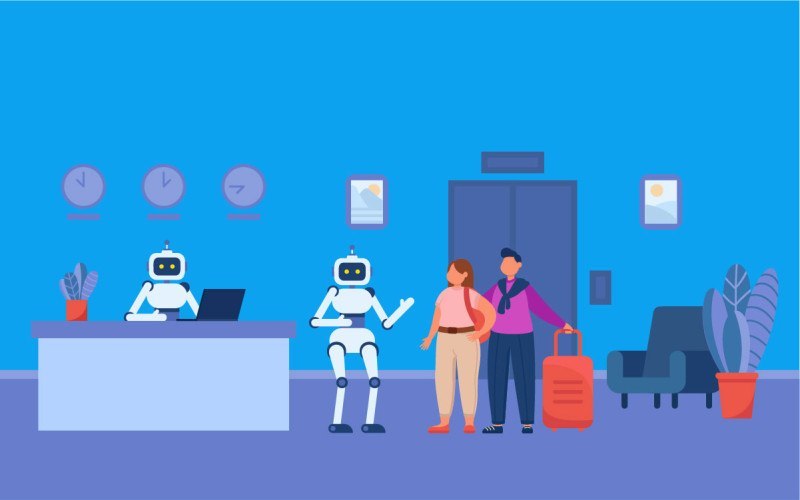
There are many others that fall into this category as well. Technology that isn’t well understood can often be scary to the general public. After the capabilities of AI become common knowledge, the fuss floating around the topic will die down a bit.
Aside from job security, the tech also has many people wondering what jobs will AI create. The landscape of the workforce will inevitably change, but it’ll require some people to adapt along the way. Regardless of how much education is out there, people will continue to worry about what jobs won’t be replaced by AI. Overall, the technology should be looked at as a supportive tool.
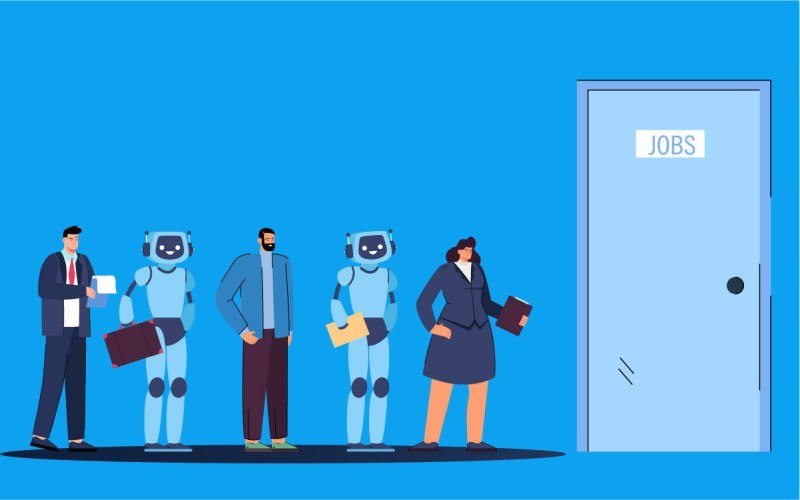
In Conclusion
How many jobs will AI replace is a question that will continue to change with time. Right now, many employers are choosing to adopt the technology where they can to help streamline their internal processes.
This has already proven to be beneficial for many, reducing time spent on tasks that can be easily automated. One that generally takes up hours of the day is emailing, one that can be managed with the likes of AImReply. With AI-driven responses and plenty of customization, AImReply is an AI email writer platform that uses the best qualities of artificial intelligence.

December 26, 2023
- 8 min
- 68
In 2024, we can expect that new technology in AI will transform every industry because AI has applications everywhere. Looking back 100 years ago, we relied heavily on manual labor, but today’s world with AI is about learning how to triple or quadruple our output through new AI technologies.
September 29, 2023
- 10 min
- 161
With all of the buzz surrounding AI, many people are asking the question, what is artificial intelligence? Many of the general public think this comes with a complex answer, but you can simplify the topic in many different ways. Artificial intelligence is capable of many human-like processes..
October 04, 2023
- 6 min
- 180
Closely associated with each other in any conversation surrounding AI, many people wonder, what is the difference between AI and machine learning (ML)? Both terms are used interchangeably, but it should always be noted that machine learning is simply a subset of artificial intelligence.






